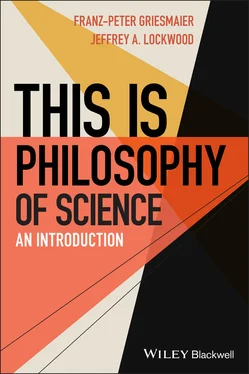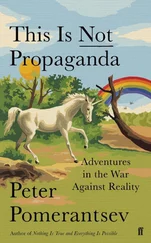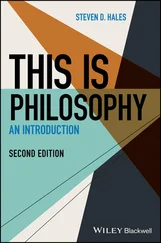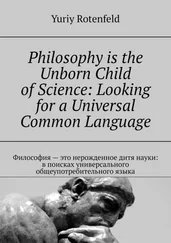This completes our discussion of the use of evidence. We discussed the role of evidence in theory generation and seen that much of this role there depends on a scientist’s psychology and other factors. Theory confirmation, on the other hand, is supposed to be independent of such psychological factors. However, there are certain logical complications that afflict the relation between theory and evidence (e.g., the raven paradox). Popper’s falsificationism has promise to help with some of those problems. Whether his picture of science as a process of critical inquiry that discards theories one by one can be generally accepted is doubtful. The question will be revisited in Chapter 15. But for now we delve further into evidence to consider the ways in which it can be evaluated and why sharing it with fellow scientists doesn’t necessarily resolve disagreements among them.
1 1Richard Swinburne, “The Paradoxes of Confirmation – A Survey,” American Philosophical Quarterly, 1971, Vol. 8, 318–30.
2 2French original published in 1914; English translation in 1954 by Princeton University Press. Quote from p. 199 f.
Vincenzo Crupi, 2020, “Confirmation,” The Stanford Encyclopedia pf Philosophy . Available at https://plato.stanford.edu/entries/confirmationA detailed presentation of many of the technical problems surrounding the notion of confirmation. It also includes many more details on Hempel’s model.
Brandon Fitelson and James Hawthorne, 2010, “How Bayesian Confirmation Theory Handles the Paradox of the Ravens,” in E. Eells and James H. Fetzer (eds.), The Place of Probability in Science, Boston Studies in the Philosophy of Science 284. Available at http://fitelson.org/ravens.pdf. A thorough discussion of the raven paradox from the perspective of Bayesian confirmation theory, arguing that emphasizing the important difference between no confirmation at all and a small amount of confirmation resolves the paradox.
Carl Gustav Hempel, 1945, “Studies in the Theory of Confirmation,” Mind 54(213): 1–26 and 54(214): 97–121. In this groundbreaking paper, Hempel develops his model of confirmation and introduces the Raven Paradox.
Karl Popper, 1934/1959, The Logic of Scientific Discovery . London and New York: Routledge 2002. The classic statement of falsificationism, this is one of the most influential books in the philosophy of science. Popper argues for a decisive break with attempts to develop a model of confirmation, replacing it with a process involving bold conjectures and severe testing.
Willard van Orman Quine, 1951, “Two Dogmas of Empiricism,” Philosophical Review 60: 20–43. Among other important contributions, this seminal essay introduces the idea of confirmation holism.
Конец ознакомительного фрагмента.
Текст предоставлен ООО «ЛитРес».
Прочитайте эту книгу целиком, купив полную легальную версию на ЛитРес.
Безопасно оплатить книгу можно банковской картой Visa, MasterCard, Maestro, со счета мобильного телефона, с платежного терминала, в салоне МТС или Связной, через PayPal, WebMoney, Яндекс.Деньги, QIWI Кошелек, бонусными картами или другим удобным Вам способом.












